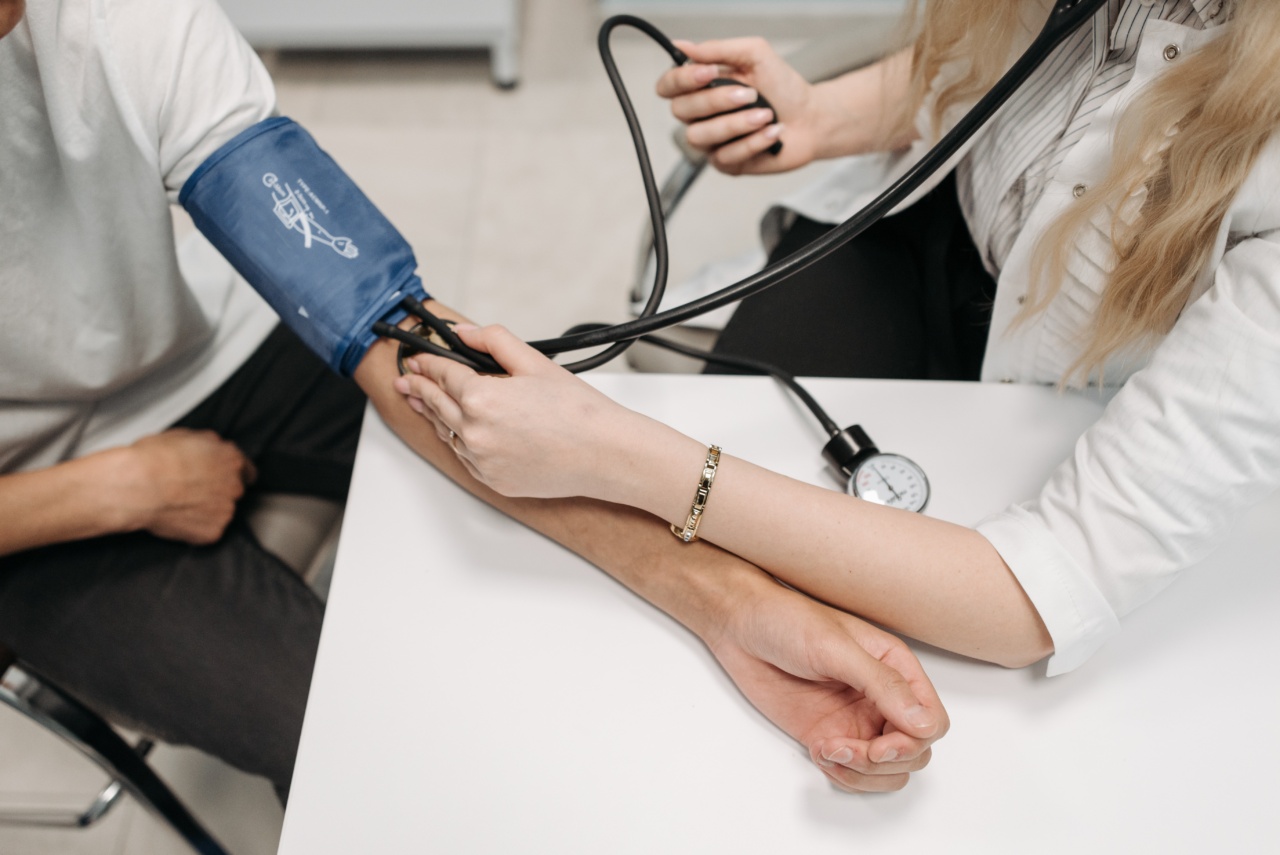Polycystic ovarian syndrome (PCOS) is a common hormonal disorder that affects women of reproductive age. It is estimated that 1 in 10 women in the United States have PCOS, though many women may not even realize they have it.
PCOS is characterized by hormonal imbalances that can cause irregular periods, infertility, and other health problems. One of the hallmark symptoms of PCOS is the presence of polycystic ovaries, which are ovaries with multiple small cysts.
While polycystic ovaries alone do not necessarily indicate PCOS, they are an important diagnostic factor when combined with other symptoms.
What are polycystic ovaries?
Polycystic ovaries are ovaries that contain multiple, small cysts. These cysts are fluid-filled sacs that develop within the ovaries. Polycystic ovaries can be detected via ultrasound by a doctor.
However, it is important to note that not all women with PCOS have polycystic ovaries, and not all women with polycystic ovaries have PCOS. Polycystic ovaries are a common finding in women with PCOS, but they are not the only factor in a diagnosis.
What are the symptoms of PCOS?
In addition to polycystic ovaries, PCOS is characterized by a variety of symptoms, which can vary in severity. Some of the most common symptoms include:.
- Irregular periods
- Heavy bleeding
- Infertility
- Weight gain
- Acne
- Hair loss or excess hair growth
- Mood swings and depression
Women with PCOS may experience all, some, or none of these symptoms. PCOS can also increase the risk for other health problems, such as diabetes, high blood pressure, and heart disease.
Why is medical monitoring important for PCOS?
Because PCOS is a hormonal disorder, it requires ongoing medical monitoring. Women with PCOS should see their doctor regularly to monitor their symptoms and ensure that their condition is being managed effectively. Medical monitoring can include:.
- Regular pelvic exams to monitor the ovaries and uterine lining
- Ultrasound exams to monitor the size and number of ovarian cysts
- Blood tests to check hormone levels
- Glucose tolerance tests to check for diabetes
Regular medical monitoring is important for several reasons. First, it can help with early detection of any health problems that may arise as a result of PCOS.
For example, women with PCOS have an increased risk of endometrial cancer, and regular pelvic exams can detect any abnormalities in the uterine lining. Regular medical monitoring can also help with management of symptoms. Women with PCOS may need medications to regulate their periods, lower their hormone levels, or improve their chances of ovulating.
Monitoring hormone levels and ultrasound exams can help doctors determine the best course of treatment.
What treatments are available for PCOS?
There is no cure for PCOS, but there are treatments available that can help manage symptoms and improve quality of life. Some common treatments may include:.
- Birth control pills
- Metformin
- Fertility treatments
- Lifestyle changes, such as diet and exercise
Which treatment is best will depend on each woman’s individual symptoms and goals. Women with PCOS should discuss their treatment options with their doctor.
Conclusion
Polycystic ovaries are a common finding in women with PCOS, but they are not the only indication of the condition.
PCOS is a hormonal disorder that can cause a variety of symptoms, and medical monitoring is important for early detection of health problems and management of symptoms. Women with PCOS should see their doctor regularly to monitor their condition and ensure that they are receiving appropriate treatment.





























